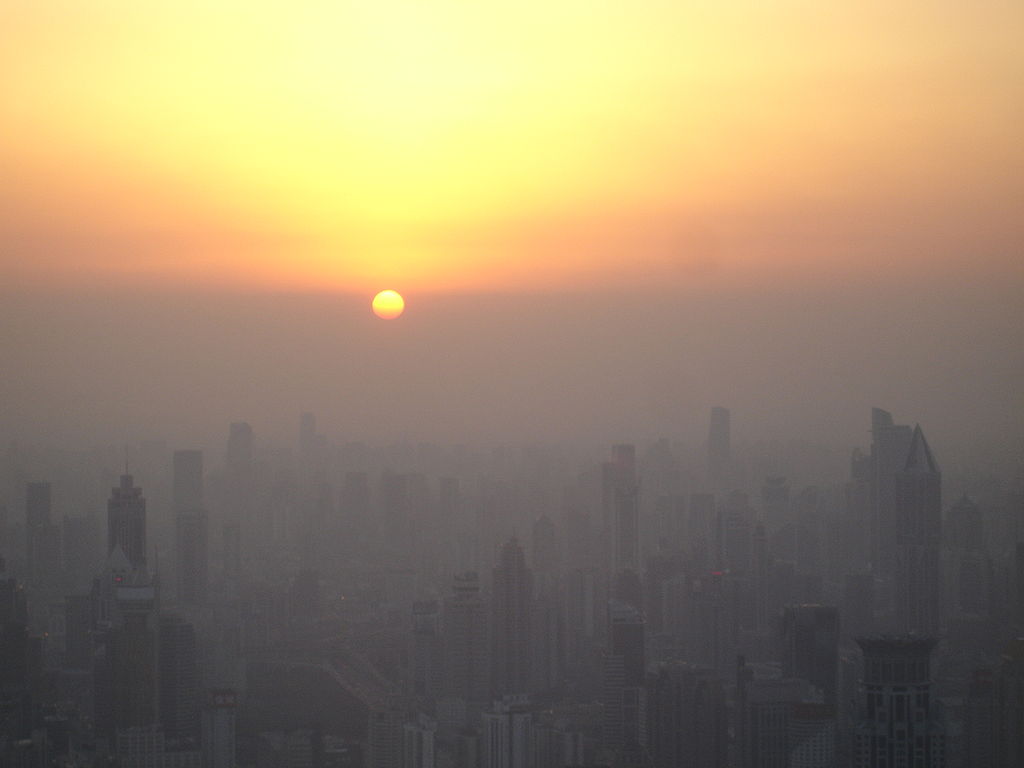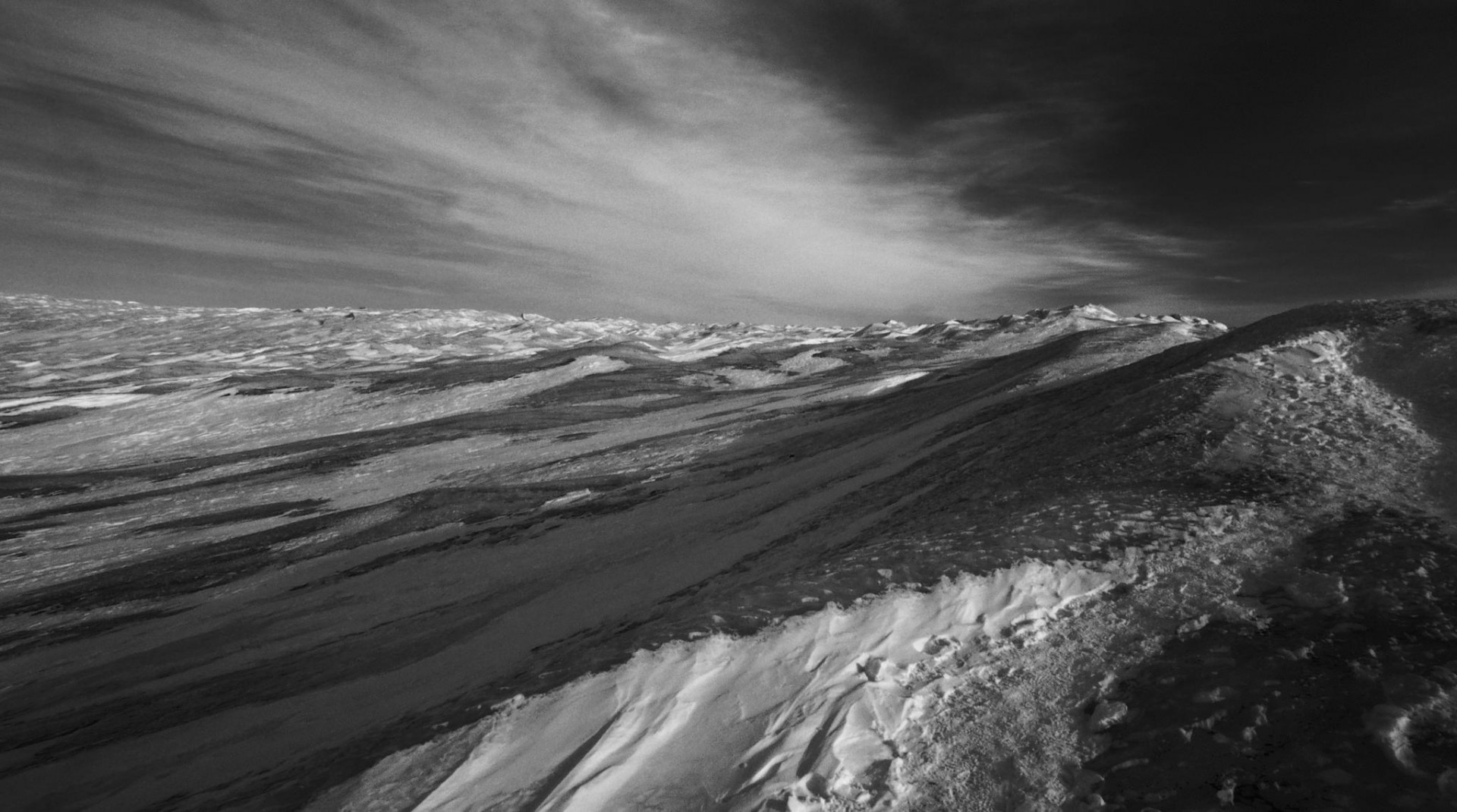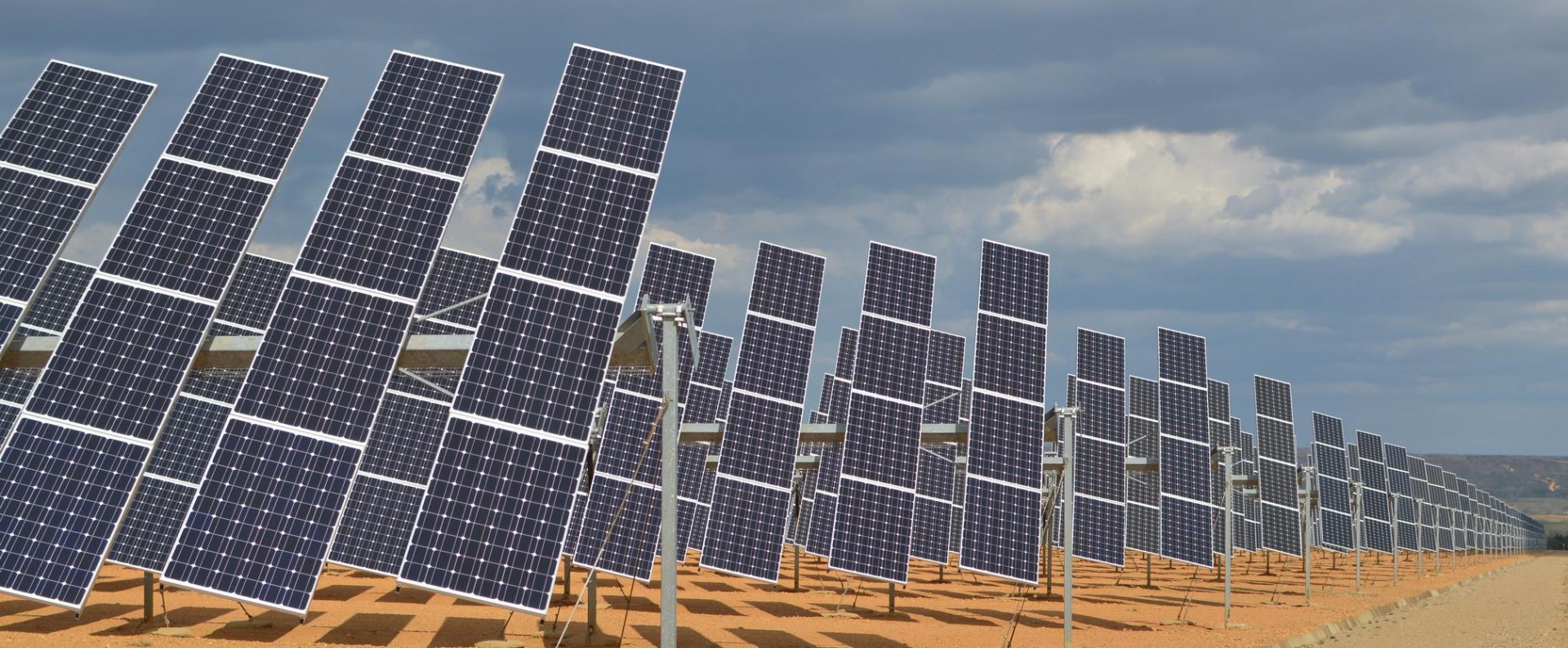United Kingdom (Lewes)
Understanding climate change is at times a perplexing business. Communicating it is a considerable challenge, especially for those who might not have access to the latest scientific material or who find it difficult to follow the latest developments. Journalists in the developing world might not have the resources or the opportunity to concentrate on climate change and the environment. Yet they often come from countries most affected by global warming, where the impact is already being felt.
Led by four joint editors – all in their 60s and 70s – and all former reporters on science, the environment and climate change, Climate News Network passes down knowledge to help younger colleagues write about those important stories. And at no cost to them.
Every day Paul Brown, Kieran Cooke, Alex Kirby, Tim Radford publish a daily online news story aimed primarily at journalists, especially in developing countries (on topics such as the pictures below). The site is open to everyone to make what use they wish of reports. As well as bringing quality journalistic experience from their time writing for British newspapers and broadcasters such as Guardian, the Financial Times and the BBC, the group provides training materials and mentoring.
Climate News Network is supported by the Ashden Trust, the JJ Charitable Trust and the Mark Leonard Trust, three of the Sainsbury Family Charitable Trusts. Their plan is to have reports translated widely and help journalists to cover climate change objectively and effectively: “We hope that the Network will carry increasing numbers of reports written by developing world journalists, giving editors a one-stop opportunity to cover the human impact of climate change.”
“This is not a case of becoming a campaigner, but a matter of finding out what is important and new, and turning the issues into interesting stories which people want to read,” Paul Brown notes in his top ten take-home tips. “In other words, environmental journalists can change the world for the better.”
Project leader
Joint Editors: Paul Brown, Kieran Cooke, Alex Kirby, Tim Radford
Support the Atlas
We want the Atlas of the Future media platform and our event to be available to everybody, everywhere for free – always. Fancy helping us spread stories of hope and optimism to create a better tomorrow? For those able, we'd be grateful for any donation.
- Please support the Atlas here
- Thank you!

China's pollution problems threaten Oz coal exports

Cloud blanket warms up melting icecap

Biggest economies still backing fossil fuels

Emissions cuts boost health and wealth

